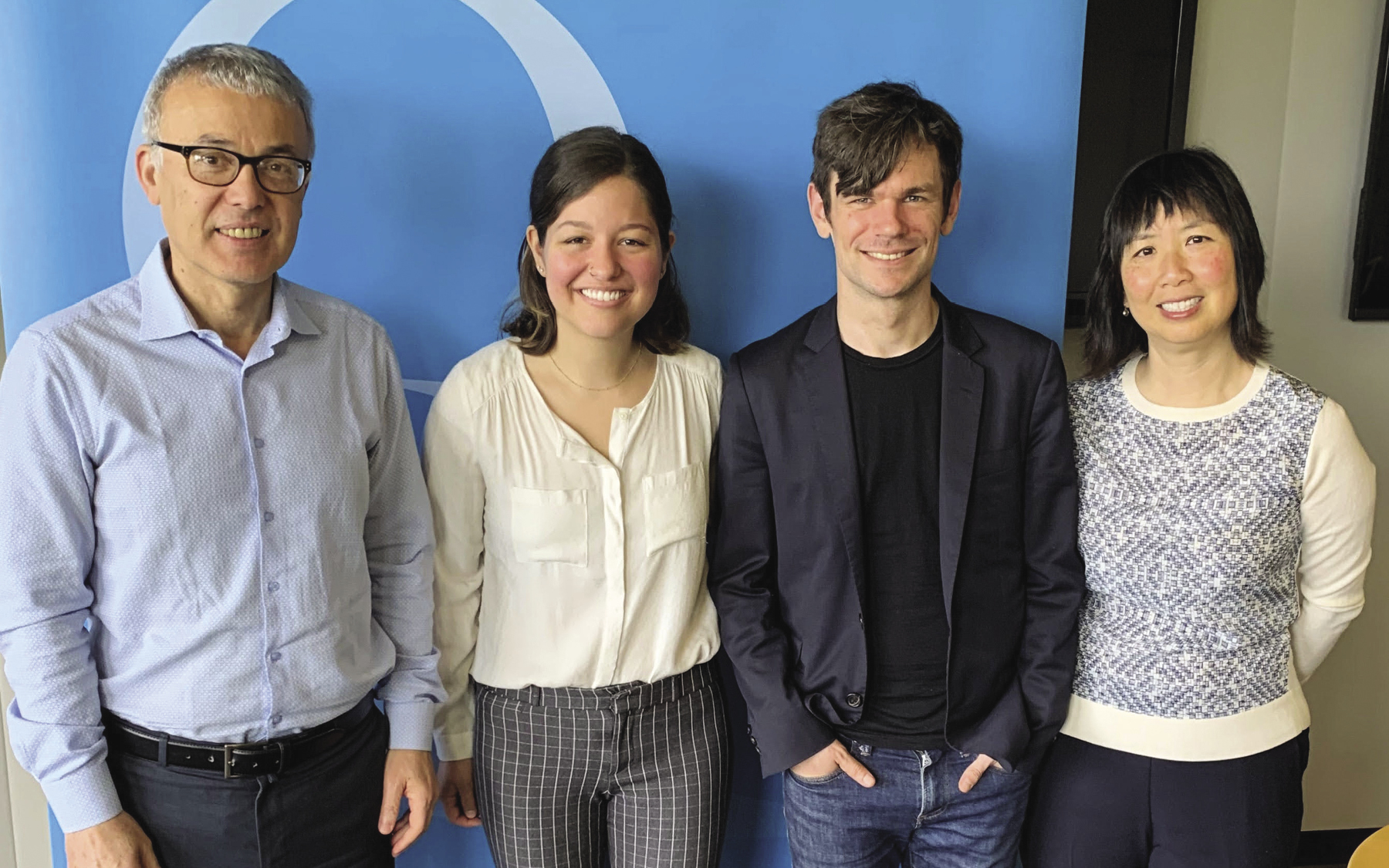U-M History-ProQuest Internship Partnership

The Challenge
This partnership grew out of our desire to respond to the changing employment conditions facing our graduate students, a situation in which there are not nearly enough academic positions to meet the demand of history Ph.D.s.
Our goal was to develop a response that would acknowledge the current job market prospects, but also respect the fact that many of our students come to U-M to pursue careers in the professoriate.
We aimed to provide graduate students with the opportunity to develop skills useful for careers both inside and outside the academy. But we didn’t want to ask students to choose between their academic work and professional development. We also sought to counter the long-standing practice of offering only one form of work experience (i.e., classroom teaching) as the full extent of history Ph.D. training—a practice that seems woefully inadequate given the current job market conditions.
Our Approach
Our strategy was to create internships for the academic term that would offer practical experience and financial support parallel to GSI appointments. We believed that offering an internship as an alternative to a GSI appointment for one term would make this kind of professional development integral to graduate training in history at the University of Michigan.
In the spring of 2017, we approached ProQuest, a leading digital research enterprise headquartered in Ann Arbor, to inquire about a mutually beneficial partnership with U-M History.
Over the course of six months, we developed a formal proposal for U-M History graduate student internships at ProQuest. The company identified several products where historical expertise and research skills would be useful, and we pressed the ProQuest product managers to identify projects that would provide our students with real work experience within the company.
For the two pilot internships, which ran in winter 2019, ProQuest generously agreed to pay the graduate student stipend ($10,500), while the history department covered candidate tuition, fees, and GradCare. We worked with Rackham’s Professional and Academic Development team to create a formal site agreement and work plans for the two internship positions, as well as establish a process for check-ins by both ProQuest managers and students to ensure the work experience ran smoothly.
What We’ve Learned
Over the course of one semester, student interns learned how to:
- communicate to multiple non-academic audiences, including ProQuest’s managers and target consumers;
- collaborate and work on teams with people possessing different forms of expertise;
- present content in a digital medium;
- think critically about archives and archival collections;
- apply their knowledge in research, synthesis, and critical analysis to unfamiliar subject matter.
As an additional bonus, the ProQuest product managers tailored the work to our students’ intellectual expertise and interests, so both contributed not only general historical research skills but also knowledge rooted in their subfield specialization.
Both graduate students reported engaging projects that dovetailed nicely with their own intellectual expertise and interests; both affirmed that the opportunity was highly valuable and added considerably to their graduate experience.
As a capstone, the students presented their projects at an all-company ProQuest meeting in Ann Arbor. The ProQuest staff were extremely enthusiastic about what the graduate student interns had to offer in terms of research work and insight from the perspective of a key target audience.
The biggest challenge is cost. Not all site partners are able or willing to pay a graduate student stipend equivalent to a GSI appointment. Even with a generous partner like ProQuest, it is not sustainable for departments to cover tuition, fees, and GradCare on a regular basis.
Next Steps
In the immediate term, ProQuest was so impressed with the work of the U-M History graduate students that company leadership has agreed to expand the internship partnership with U-M History in 2019-20 to four interns. Our hope is to continue with four internships per academic year into the future.
ProQuest owns and has digitized many other document collections beyond those directly connected to historical studies. It hopes to expand the partnership with U-M History to Rackham Graduate School in order to work with graduate student interns in other fields and with different subject matter expertise.
Location
Department of History
Contact
Jay Cook, Professor of American Culture, Professor of History and Chair
Visit
To learn more visit the U-M History-ProQuest Internship Partnership page.

